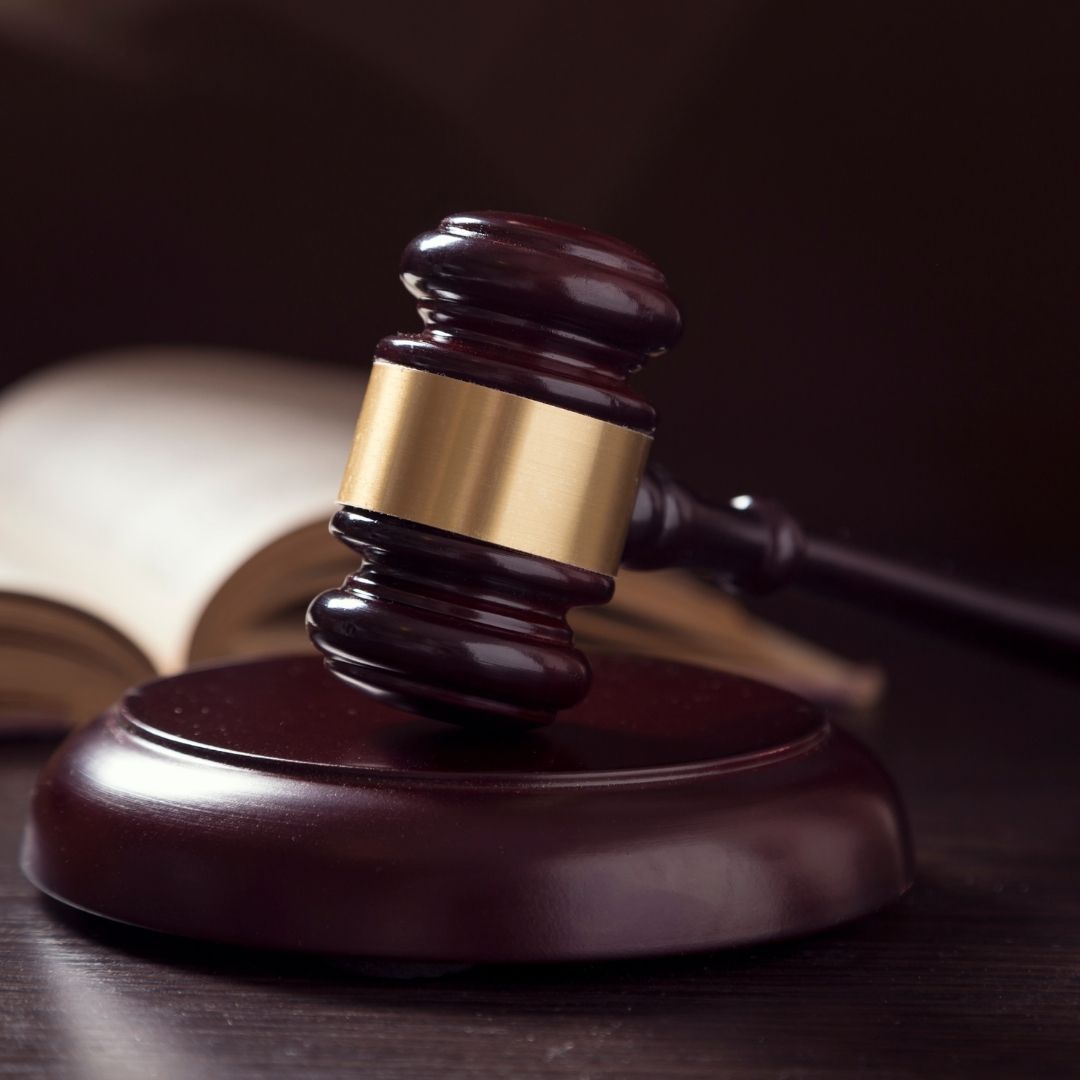What Is Court Mandated Drug Treatment?
Court mandated drug treatment is an alternative to incarceration for individuals struggling with addiction. Instead of serving jail time, offenders are required to complete an addiction treatment program, often supervised by the legal system. This approach aims to rehabilitate rather than punish, providing individuals with the tools they need to overcome substance use disorders and reintegrate into society successfully.
If you’re in Columbus, Ohio, or anywhere in the state, and facing legal consequences due to drug or alcohol-related offenses, understanding court mandated drug treatment could be life-changing.

How Does Court Mandated Drug Treatment Work?
Court-ordered treatment typically follows a structured process:
- Assessment & Sentencing – A judge determines eligibility for a treatment program based on the nature of the offense and the individual’s substance use history.
- Treatment Plan Assignment – The individual is placed in a rehab program that meets their needs. This can include inpatient or outpatient care, Addiction Treatment, detox, or therapy.
- Program Compliance – Attendance and progress are monitored. Missing sessions or failing drug tests could lead to penalties, including jail time.
- Completion & Probation – Successful completion often leads to a reduced sentence, probation, or case dismissal.
Benefits of Court Mandated Drug Treatment
Unlike traditional jail sentences, court mandated drug treatment focuses on rehabilitation and long-term recovery. Here’s why it works:
1. Lower Recidivism Rates
Studies show that those who complete mandated rehab programs are less likely to re-offend. Treating addiction at its root prevents future criminal behavior linked to substance use.
2. Access to Comprehensive Care
Programs provide access to Addiction Recovery, counseling, medical detox, and therapy, equipping individuals with coping mechanisms to sustain sobriety.
3. Personal Growth & Stability
Participants develop life skills, mend family relationships, and often secure employment post-treatment, leading to a more stable future.
4. Cost-Effective for Taxpayers
Incarcerating individuals for drug-related offenses is expensive. Treatment programs are significantly more affordable and yield better long-term outcomes.
Types of Court Mandated Drug Treatment Programs in Ohio
1. Inpatient Rehabilitation
For severe addiction cases, residential programs provide round-the-clock medical supervision, structured therapy, and peer support.
2. Outpatient Programs
Individuals live at home while attending scheduled therapy and group sessions. This is ideal for those with strong support systems.
3. Ambulatory Detox
Detoxing under medical supervision without hospitalization. Learn more about Ambulatory Detox as a safe recovery option.
4. Mental Health & Dual Diagnosis Treatment
For individuals struggling with both addiction and mental health disorders (anxiety, depression, PTSD, etc.), integrated programs offer psychiatric care alongside addiction treatment.
Who Qualifies for Court Mandated Drug Treatment?
To qualify, individuals must:
- Be charged with a non-violent drug or alcohol-related offense.
- Show evidence of addiction or substance dependency.
- Agree to comply with all treatment requirements set by the court.
- Be deemed fit for rehabilitation rather than incarceration.
Judges, prosecutors, and probation officers play a role in determining eligibility and placement in the appropriate program.

Challenges of Court Mandated Drug Treatment
1. Resistance to Treatment
Some individuals enter treatment unwillingly, making it challenging to engage in therapy. However, studies show that even forced treatment can be effective in long-term recovery.
2. Program Restrictions
Treatment compliance is strictly monitored. Missing appointments, violating probation, or relapsing could result in legal consequences.
3. Limited Program Availability
Due to high demand, waitlists for rehabilitation programs can delay treatment, affecting recovery outcomes.
Court Mandated Treatment vs. Voluntary Treatment
While court mandated drug treatment is legally enforced, voluntary treatment is sought out by individuals on their own. The primary differences include:
- Legal Consequences – Court-mandated treatment is enforced by law, while voluntary treatment is self-driven.
- Motivation – Voluntary participants are often more engaged, but mandatory treatment can still lead to long-term sobriety.
- Program Flexibility – Voluntary treatment allows for more choice in care levels, while mandated programs follow court requirements.
The Role of Family & Community Support
Addiction is not an isolated struggle. Family involvement significantly increases the chances of recovery. Encouraging loved ones to seek professional help from programs like Ridgeline Recovery can make all the difference.
Additionally, peer support groups, addiction worksheets, and structured therapy sessions reinforce recovery efforts. Explore how Addiction Worksheets can be an effective tool in treatment.

FAQs About Court Mandated Drug Treatment
1. Can I choose my rehab facility?
Not always. The court often assigns facilities, but you can request a specific one if it meets legal criteria.
2. What happens if I fail to complete my program?
Failure to comply can lead to probation violations, jail time, or additional legal consequences.
3. Does court mandated treatment really work?
Yes! Many individuals successfully recover and avoid reoffending after completing these programs.
4. What if I have a mental health disorder along with addiction?
Dual diagnosis treatment is available. Learn more about Understanding Powerlessness in addiction recovery.
Trivia: Did You Know?
The Drug Court Model was first established in Miami, Florida, in 1989 as an alternative to incarceration for nonviolent drug offenders. Today, there are over 3,000 drug courts across the U.S. helping people recover!
Take the First Step Toward Recovery
If you or a loved one is facing legal troubles due to addiction, don’t wait until it’s too late. Addiction Recovery is possible with the right support. Contact Ridgeline Recovery today to explore treatment options and take control of your future!
Court mandated drug treatment is not a punishment—it’s an opportunity. Embrace it, commit to it, and reclaim your life.







